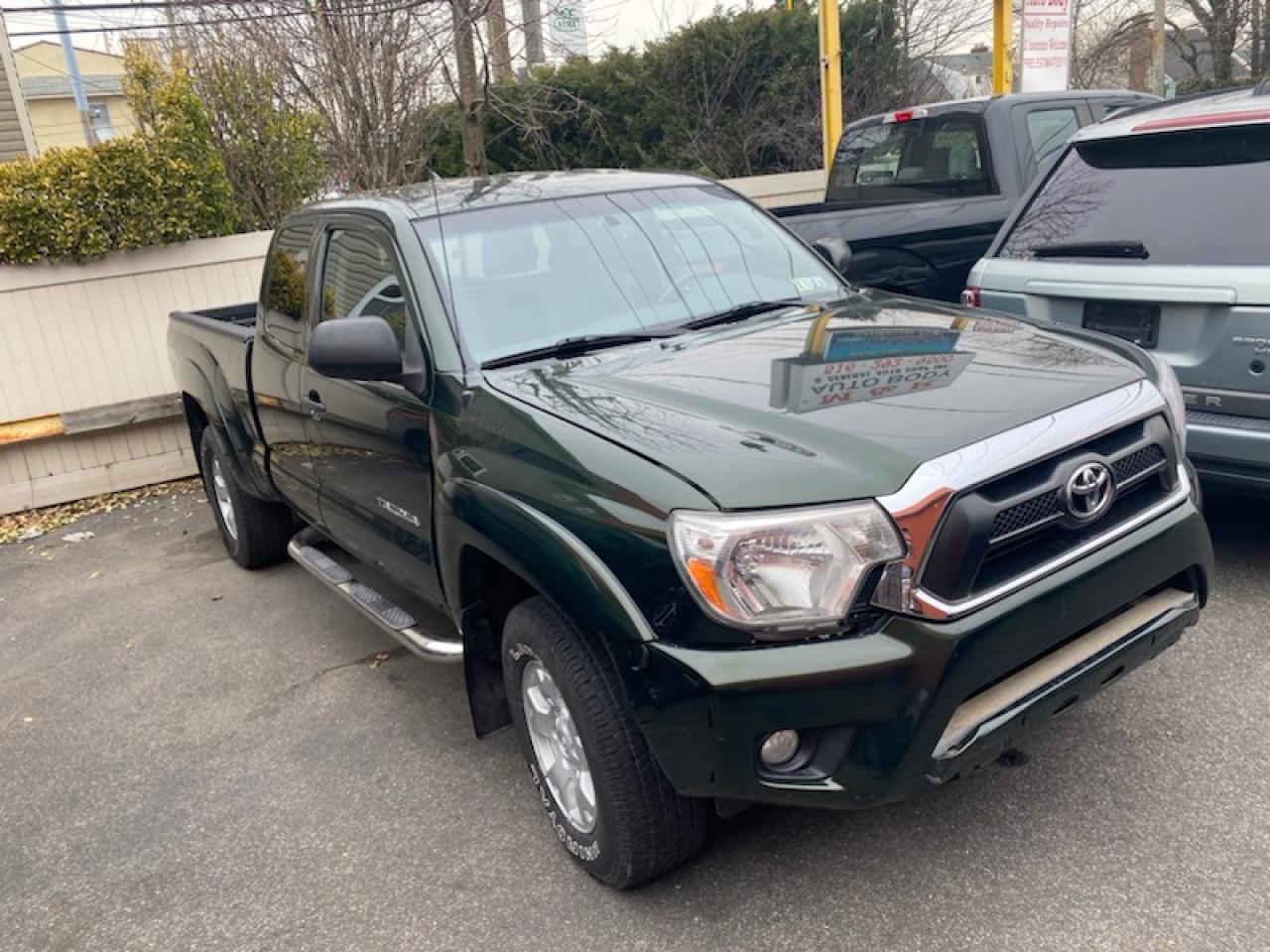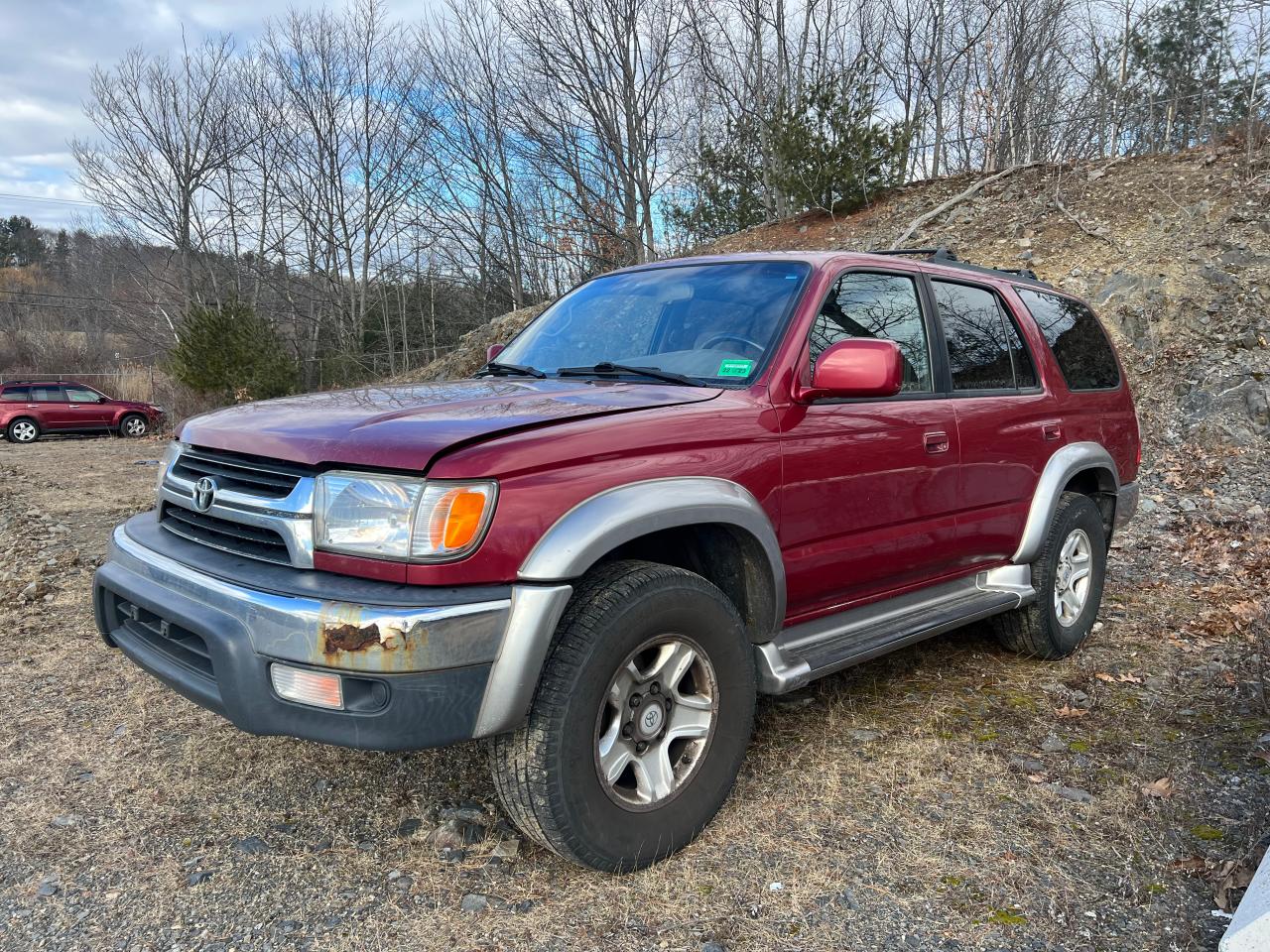With your tax refund, why not purchase a car?

Introduction
The arrival of tax season brings with it the hope of a financial windfall in the form of a return. Instead of splurging on an extravagant vacation or the latest and greatest devices, why not put that money towards a dependable pre-owned vehicle? There are many of reasonably priced options out there right now, so you can spruce up your bike and hit the road with assurance. In this article, we'll discuss the many immediate and long-term advantages of investing your tax return in a pre-owned vehicle. Let's fasten our seatbelts and take off on this thrilling adventure!
Why Used Cars Are a Good Investment
The benefits of buying a cheap used car are numerous. One major advantage used automobiles have over brand-new ones is their lower price. For much less than the cost of a brand-new vehicle, you can discover a reliable pre-owned automobile. Another advantage of secondhand vehicles is that they lose less value than brand-new ones over time. A higher asking price equals more money in your pocket if you ever need to sell your old car. Lastly, old cars often have cheaper insurance rates than new ones. Used cars are an excellent purchase for those trying to cut costs for a number of reasons.
How to Shop for a Used Car
There are a few things to consider before spending your tax refund on a pre-owned car. Before even starting to look for a car, you need to know exactly what you want. Once you've decided what you want, it's time to start looking at dealerships and private sellers.Always perform a comprehensive check of any vehicle you're considering buying. Inspect it thoroughly, both for external flaws and mechanical issues. Make sure everything is working properly by giving the automobile a spin if at all possible.When you find a car you want, it's time to haggle over the price. Get the greatest deal you can from the dealership you're working with. Don't be scared to negotiate with a private seller; they want to unload the vehicle just as much as you do.Finally, seek a vehicle history report before making any final selections. This will let you know if the automobile has a history of serious mechanical issues or collisions. Now that you have all the facts, you can decide whether or not buying a used car is the best option for you.
The Benefits of Owning a Car
Assuming you can afford the monthly payments, there are many benefits to owning a car. The most obvious benefit is that you can go where you want when you want. You’re not at the mercy of public transportation schedules or waiting for a ride from a friend or family member.If you have a job, owning a car is practically a necessity. Even if your workplace is within walking or biking distance, there are days when you just can’t make the trip on foot. And in many cases, public transportation isn’t an option either.
Other benefits of car ownership include:
-The ability to transport large items or multiple people: If you need to move furniture or pick up groceries for more than one person, having a car makes the task much easier.
-Giving you a sense of freedom and independence: For some people, having a car is a symbol of freedom and independence. It means not having to rely on others for transportation and being able to come and go as you, please.
-Providing peace of mind in case of an emergency: Knowing that you have your own set of wheels gives you peace of mind in case of an emergency. If something happens and you need to get home quickly or to the hospital, having your own car can be a lifesaver.

What to look for when purchasing a used car
There are a few key things to keep an eye out for while shopping for a old vehicle. Examine the car's exterior for dings, scratches, and other signs of damage first. You may learn about the vehicle's maintenance history and whether or not it has been in any accidents from this. Second, examine the engine and double-check all of the hoses and fluid levels. Check for leaks and ensure that all hoses are in working order. Third, put the vehicle through its paces to see how it performs on the road. Listen for and investigate any odors or sounds that might suggest a mechanical problem. Finally, have a reliable mechanic look over the vehicle before you buy it to make sure it is in good shape.
How to negotiate the price of a used car
Once you've located a used car that meets your requirements and price range, it's time to begin haggling over the asking price. Use the following advice to save as much money as possible on your next used automobile purchase.Prepare thoroughly in advanceDo your homework on the car's fair market worth before visiting the dealer or arranging to see a private seller. To avoid paying too much for the vehicle, this will serve as a solid bargaining chip during discussions.Don't be frightened to leave a bad situationDon't feel bad about backing out of the deal if the vendor won't budge on pricing. You shouldn't pay too much for a used car just because you're in a hurry to buy it. There are lots of other options.Bargaining is expectedWhen shopping for a used car, it is common to practice haggling over the price. To gauge the seller's reaction, it's best to start with a lowball offer. If they make a higher counteroffer, keep haggling until you find a price that suits you both.When to call it quits in a negotiationAt some point in any negotiation, it becomes pointless to bargain over petty issues. Don't risk losing the transaction by haggling over every last cent if you're already close to an acceptable price.
